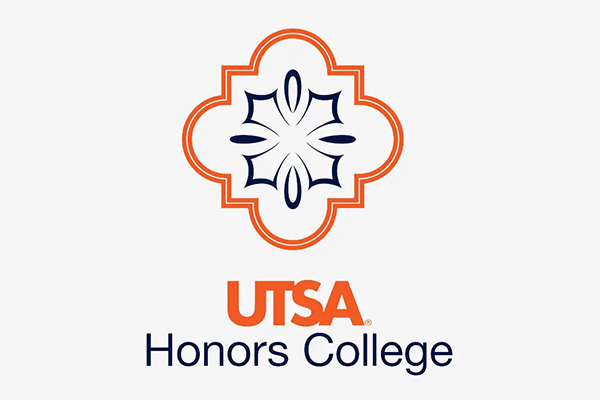Intellectual Achievement as an Honors Experience
Up until this point in your education, you have primarily been a consumer of the intellectual work of other people – that’s what education is! Intellectual Achievement is when you become not just a consumer of intellectual work, but a producer. Intellectual Achievement as an experience is when you take the concepts and ideas that you have learned and then use them to produce something new. This could be research in a biology lab, doing social science research, or doing humanities research on art or literature. These same skills of producing something new also occur in creative ventures when students develop a novel business plan, write a fiction novel, or compose music. Intellectual Achievement is the point at which you can show that you can take what is known and produce something new.
Students who are planning to pursue a Master’s, Doctorate, or other degree beyond the Bachelor’s degree start to demonstrate that they can create something new, whether that is producing new scholarship in their field of study or coming up with a solution to solve a problem. Many students will apply to graduate schools with excellent grade point averages but far fewer will have the ability to show that they are prepared to produce original work. And many graduate programs require a writing sample.
For students who wish to join the workforce, businesses and non-profits are looking for people who are innovative and can solve problems. Whether it’s a logistical problem with supply-chains, a distinctive expression of artistic style, or any one of the ever emerging cyber-security threats, employers want to know that you have the ability to provide new solutions to problems where others haven’t been successful..
All of the technological progress we have achieved, the artistic styles we enjoy, and the improvement on what we have is the result of intellectual achievement. The basic principles and concepts found in your courses – be it mechanical engineering, political science, biomedical engineering, or anthropology – can serve as the foundation for an intellectual achievement experience!
- Spent a semester or year in a research lab
- Served as a research assistant to a faculty member
- Attended a Research Experience for Undergraduates Program
- Composed and produced a music album
- Published an article in UTSA Undergraduate Journal
- Wrote an undergraduate Honors thesis
Applying credit for Intellectual Achievement to satisfy Honors SPICES requires a minimum of 75+ hours of time on task while supervised/mentored, have a stated goal to be reached by the end of the project, and submission of an experience approval form. For more information on Honors College Experience requirements, visit the Experience Approval Process page.
Inspiration and ideas can come from numerous places: many of your faculty are conducting research in their field and can provide some guidance based on your interests. As an R1 research institution, faculty are conducting cutting edge research, and students often play a large role in their projects.
Many disciplines have problems looking for a solution, things can be improved upon, or a reinterpretation of established ideas. If you have an interest with a particular area within your discipline, start looking at how UTSA faculty are approaching problems.
At the conclusion of an Intellectual Achievement experience, you should have something to point to that you produced. This may come in the form of an Honors Thesis, research you’ve conducted on your own or as part of a larger study – something original that you can put your name on and claim it as your own. Again, this will look different from one discipline to another, but a successful Intellectual Achievement experience should embody the idea of "intellectual producer."
- Elizabeth Garcia, Psychology, Dysfunctional vs. Constructive Anger Expression Profiles in College Students
- Jenelle Millison, Computer Science, Becoming a Computer Scientist Researcher
- Suyapa Munoz, Global Health Research in Family Planning
- Zina Helal, Mechanobiology Research at University of Pennsylvania
- Victor Feagins, Industry Research as an Undergraduate
Find Intellectual Achievement Opportunities
- Honors Curated List of Internships and Research Opportunities
- National Science Foundation Research Experiences for Undergraduates
- UTSA Mellon Humanities Pathways Fellows
- UTSA P20 Pathways to Education Research Training Program
- UTSA Alvarez College of Business Pre-Ph.D. Pathway Program
- UTSA Student Innovation and Entrepreneurship Venture Competition
- UTSA Rowdy Big Idea Competition
- DAAD-RISE Germany Program

Opportunities within the Honors College
The Honors College offers students the opportunity to participate in a number of different programs to further expand knowledge, especially in the realms of professional development, leadership development, and public service. Special programs are fully integrated into the Honors College curriculum, making credit transfer simple and ensuring that students are working toward Honors requirements.

